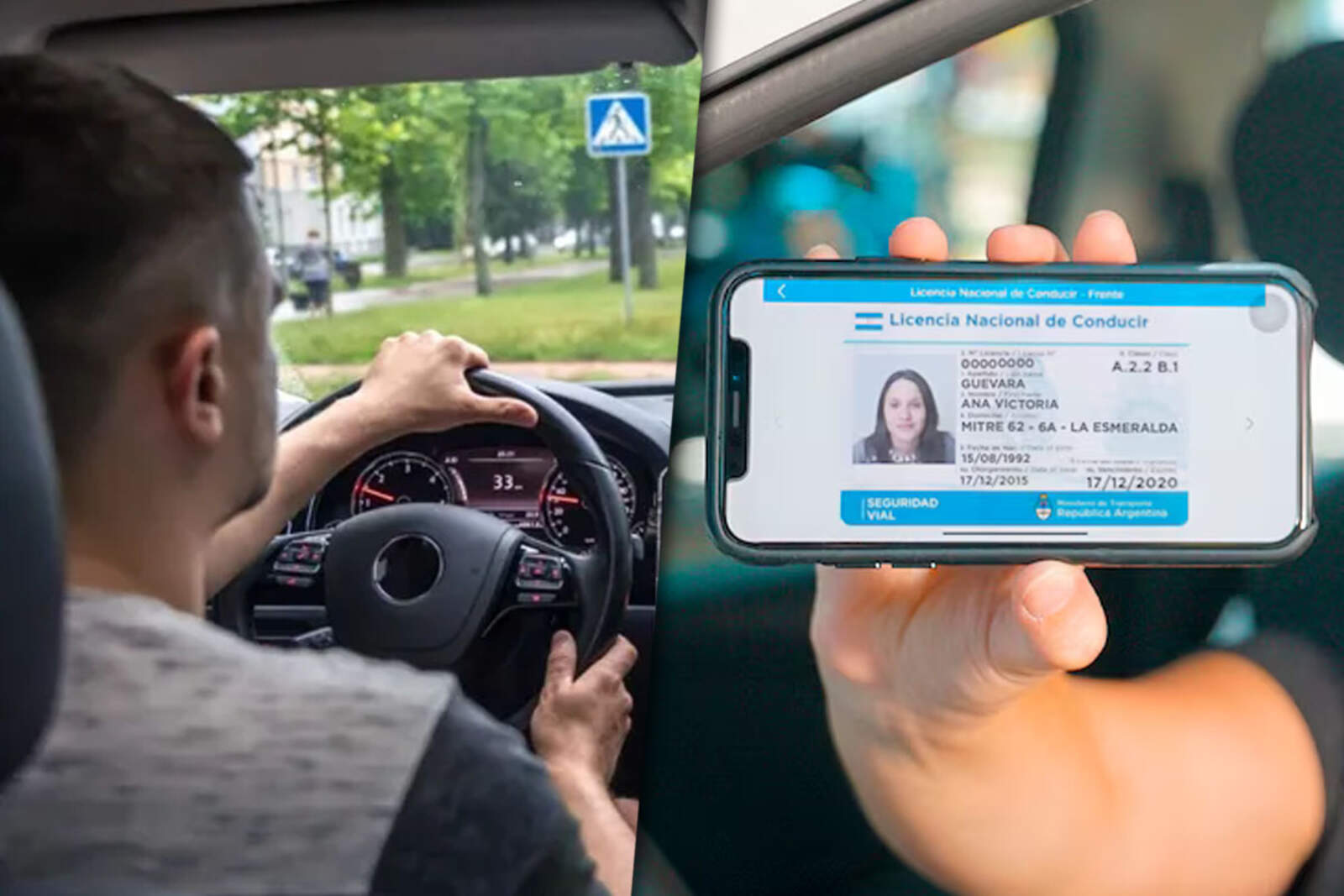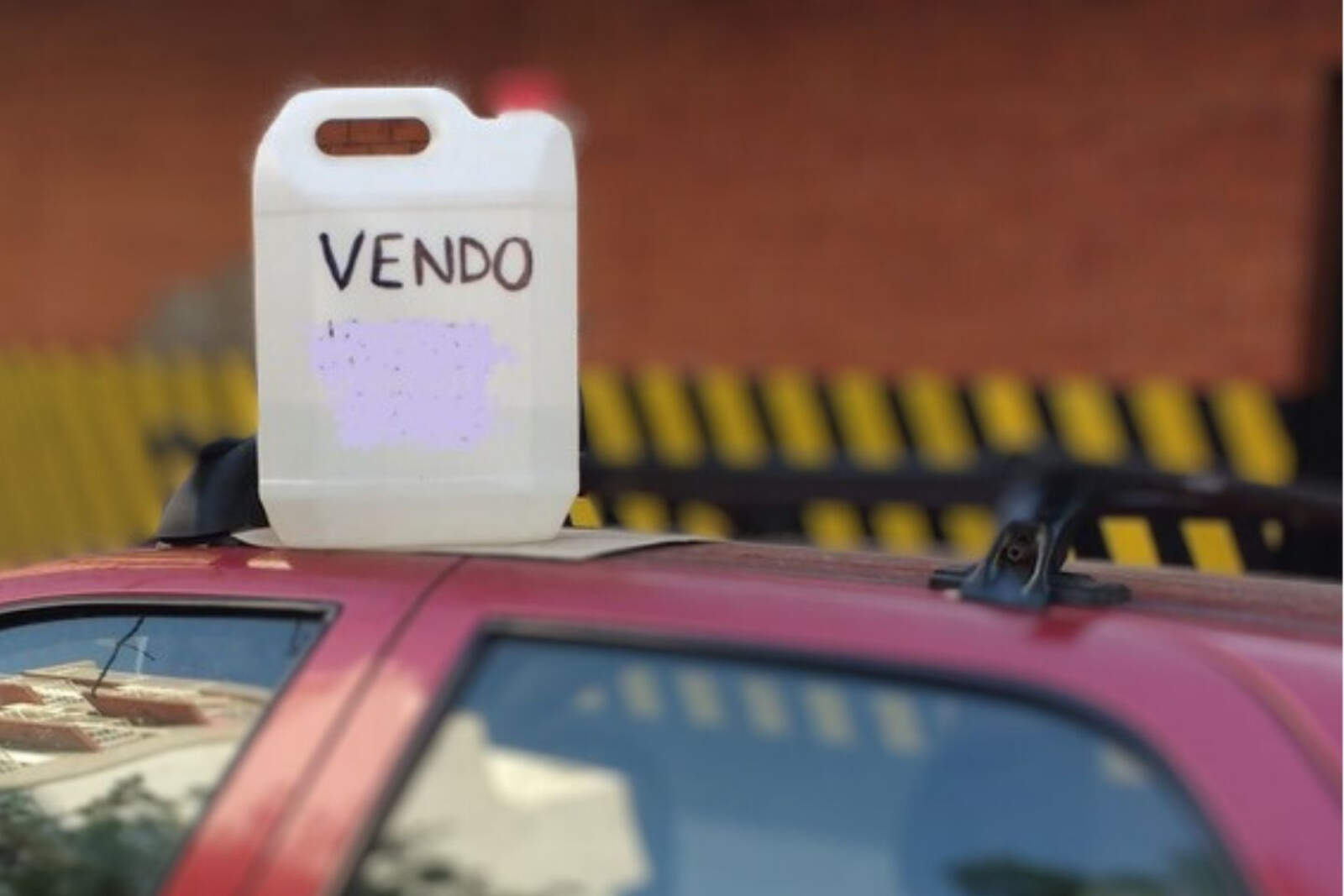The driver's license changes completely in Argentina. From now on, it will be digital, without expiration, but with mandatory periodic updates.
The new system also raises doubts about the handling of unpaid fines and their impact on vehicle renewal and transfer.
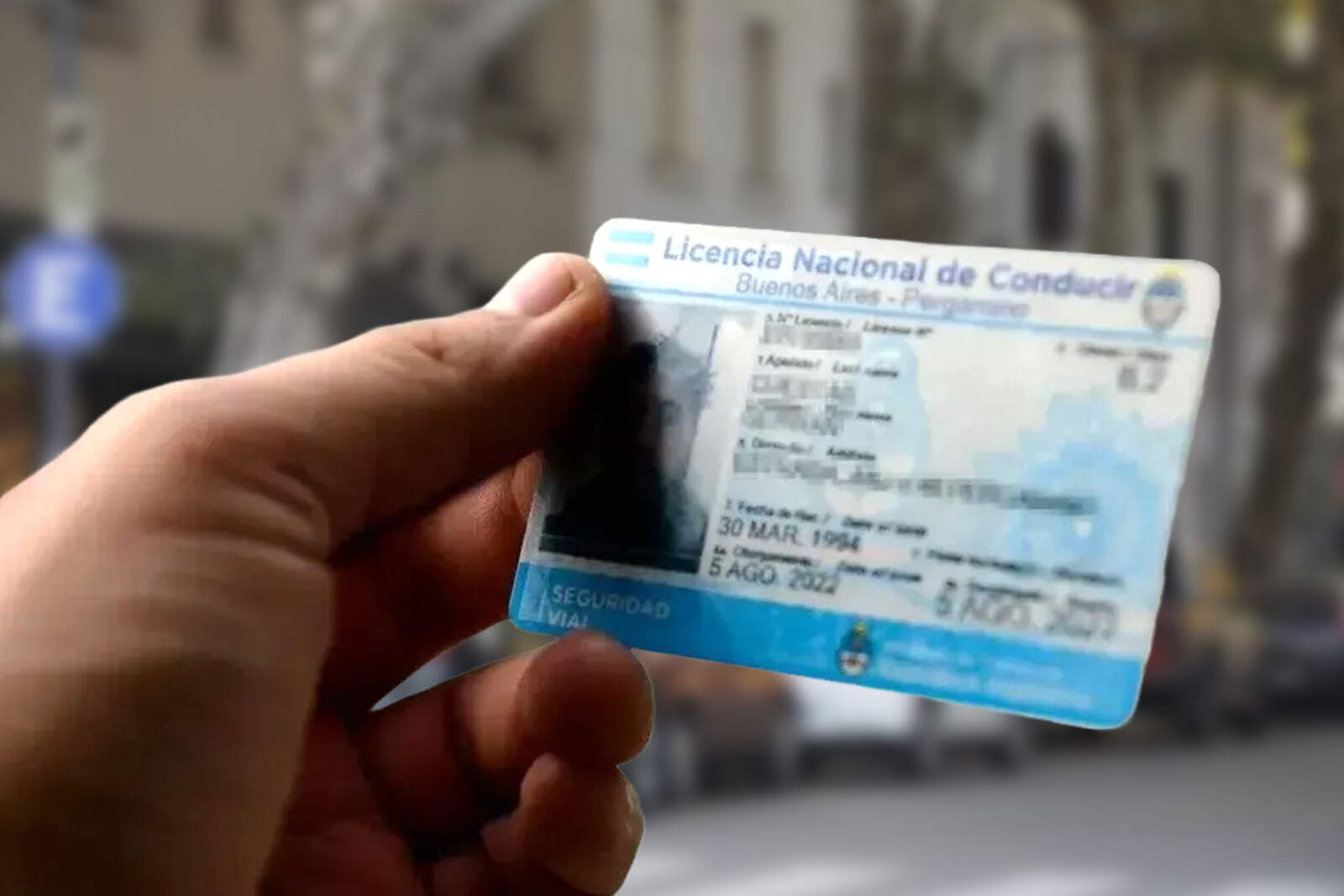
What is the new digital license like?
The national government reformed the Traffic Law and established that the National Driver's License will no longer have an expiration date, but will require periodic psychophysical updates.
The measure was published in Decree 196/2025 and came into effect on March 18.
Update by age: how often it needs to be renewed
- Between 17 and 65 years: every 5 years
- Between 65 and 70 years: every 3 years
- Over 70 years: every 1 year
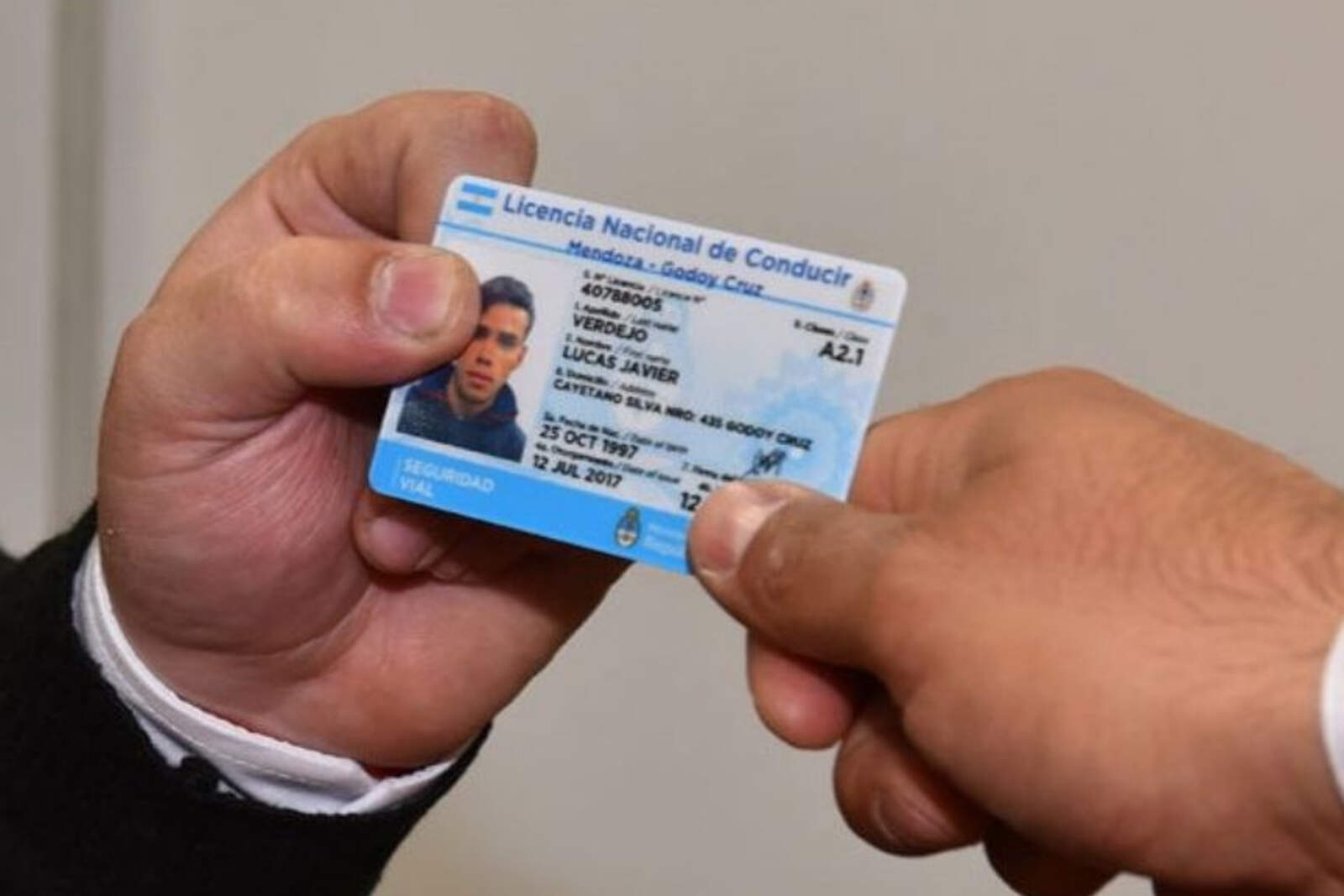
The government explained that this update involves a renewal of the driver's enabling status.
What happens with unpaid traffic fines?
One of the most discussed points is the unpaid traffic violations. Although they are no longer a barrier to selling a vehicle, they still prevent the renewal of the license.
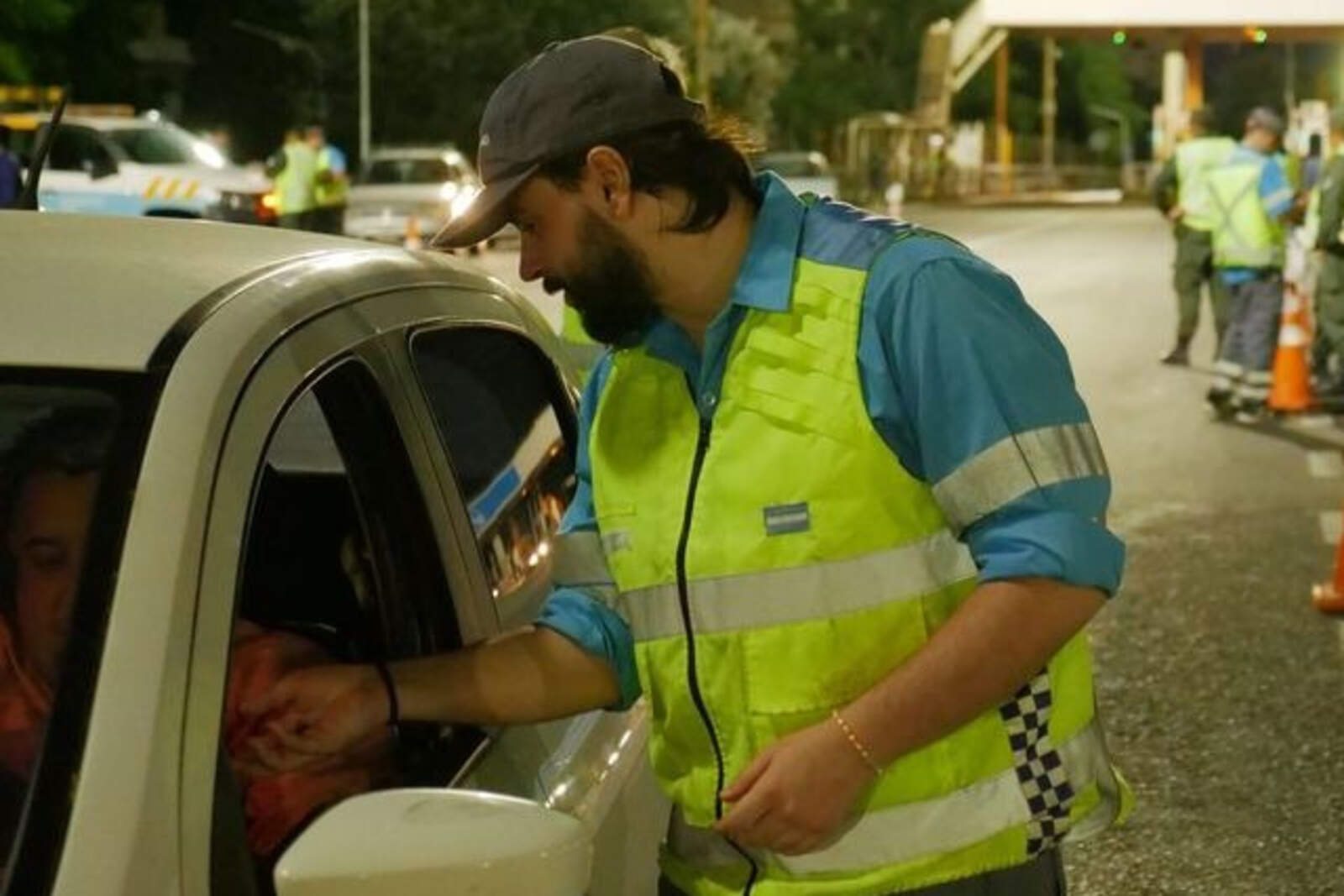
The process can't be completed if there are active debts, just as it happened with the physical format.
Can a car be sold with fines?
Yes. Since 2024, the debt-free certificate for violations is no longer required to transfer a vehicle. This has simplified buying and selling operations.
